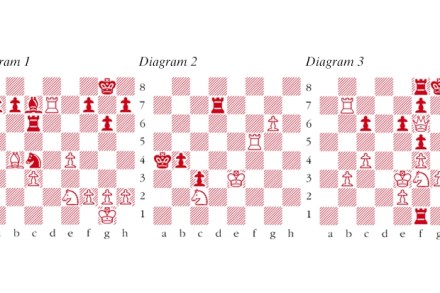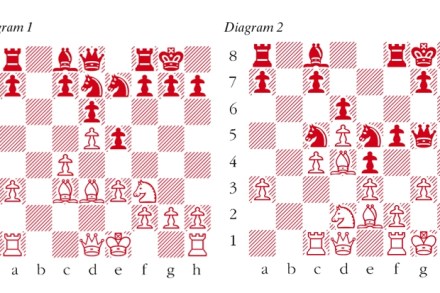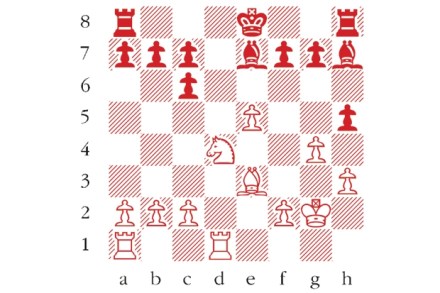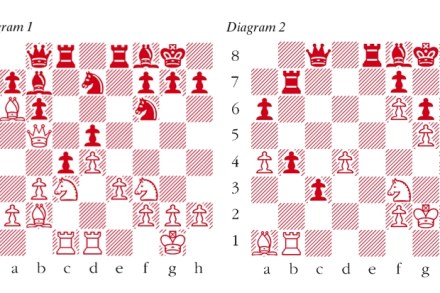Fabulous Fabiano
Fabiano Caruana notched the result of his life at the Sinquefield Trophy in St Louis last year. Since then he has done nothing in particular and not done it very well, to adapt W.S. Gilbert’s lordly formula from Iolanthe. Now Caruana has reasserted himself at the elite tournament in Dortmund, where final scores (out of





















